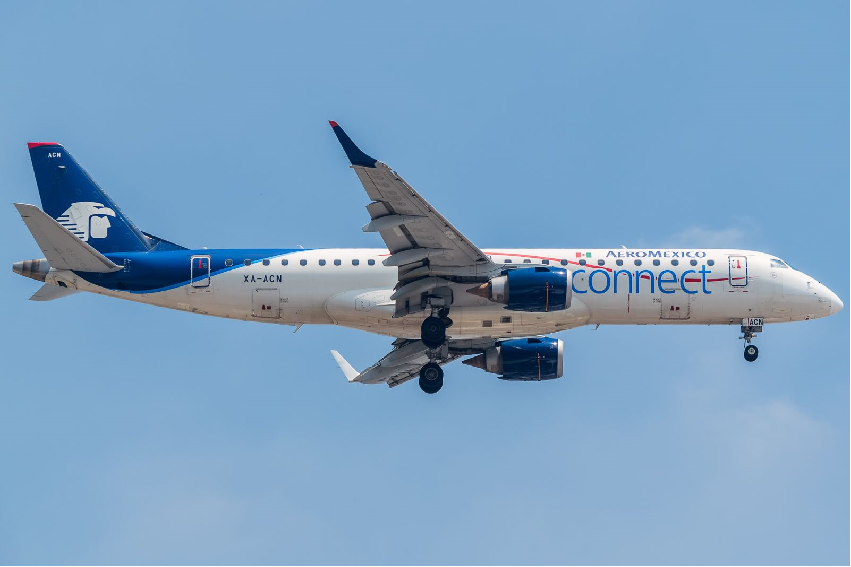To recover category 1 before the FAA (Federal Aviation Administration), the Mexican Federal Government has carried out certain actions to strengthen the regulation of aviation safety. In this regard, the Federal Civil Aviation Agency (“AFAC”) published the Decree amending, adding, and repealing various provisions of the Regulations of the Civil Aviation Law (“Decree”) that recently entered into force. Greater training obligations are established for flight crew and flight attendants, the implementation of management systems and the AFAC is strengthened to monitor and sanction non-compliance with the applicable regulation in aeronautical matters. Likewise, the Decree establishes new provisions regarding remotely piloted aircraft. Secondly,
New Operational Security Measures

Flight crews and flight attendants must observe certain safety measures such as the prohibition of not flying for more than ninety hours during a period of thirty consecutive calendar days or more than one thousand hours during a period of three hundred and sixty-five consecutive days. Likewise, in the case of the flight attendant crew, the AFAC must approve the training program maintained by the permit holder or concessionaire for such purposes.
Likewise, the RLAC now has a specific section on safety systems to implement various guidelines in the provision of services, observing relevant elements in terms of protection, and thus have a safety management system approval certificate.
The AFAC may require, at any time, service providers to modify their management systems due to, among other issues, the size of the airline or organization, and the nature and/or complexity of the air operations they carry out.
New Obligations Regarding RPAs
The RLAC now has the process by which the registration folio of remotely piloted aircraft (” RPAs “) is issued in the Mexican Aeronautical Registry, as well as the necessary obligations, authorizations, and licenses for their operators.
Certificate And Production Approval
The RLAC establishes the obligation of those natural or legal persons (Mexican or foreign) that intend to produce, among others, aircraft, aircraft engines, or propellers, or the combined production of these goods, the need to obtain a certificate and approval of production by the AFAC.
Metropolitan Airport System
On March 21, 2022, the Federal Government inaugurated the AIFA which, together with the Toluca International Airport (“ AIT ”) and the Mexico City International Airport, form part of the new Metropolitan Airport System. The AIFA and the AIT intend to relieve the operations of the current capital air terminal. Today there are great challenges for the real and effective implementation of this conglomerate of airports. However, certain modifications and implementation of projects are expected not only in air matters but also in transportation, roads, commercial and significant regulations in the coming months, which could represent business opportunities not only for airlines but also for organizations in other areas.
If you require additional information on the new reforms to the RLAC, as well as the current challenges in aeronautics in Mexico, including the viability of the Metropolitan Airport System, we are gladly available.
You may like to read Ten Important Safety Tips For Air Travel



